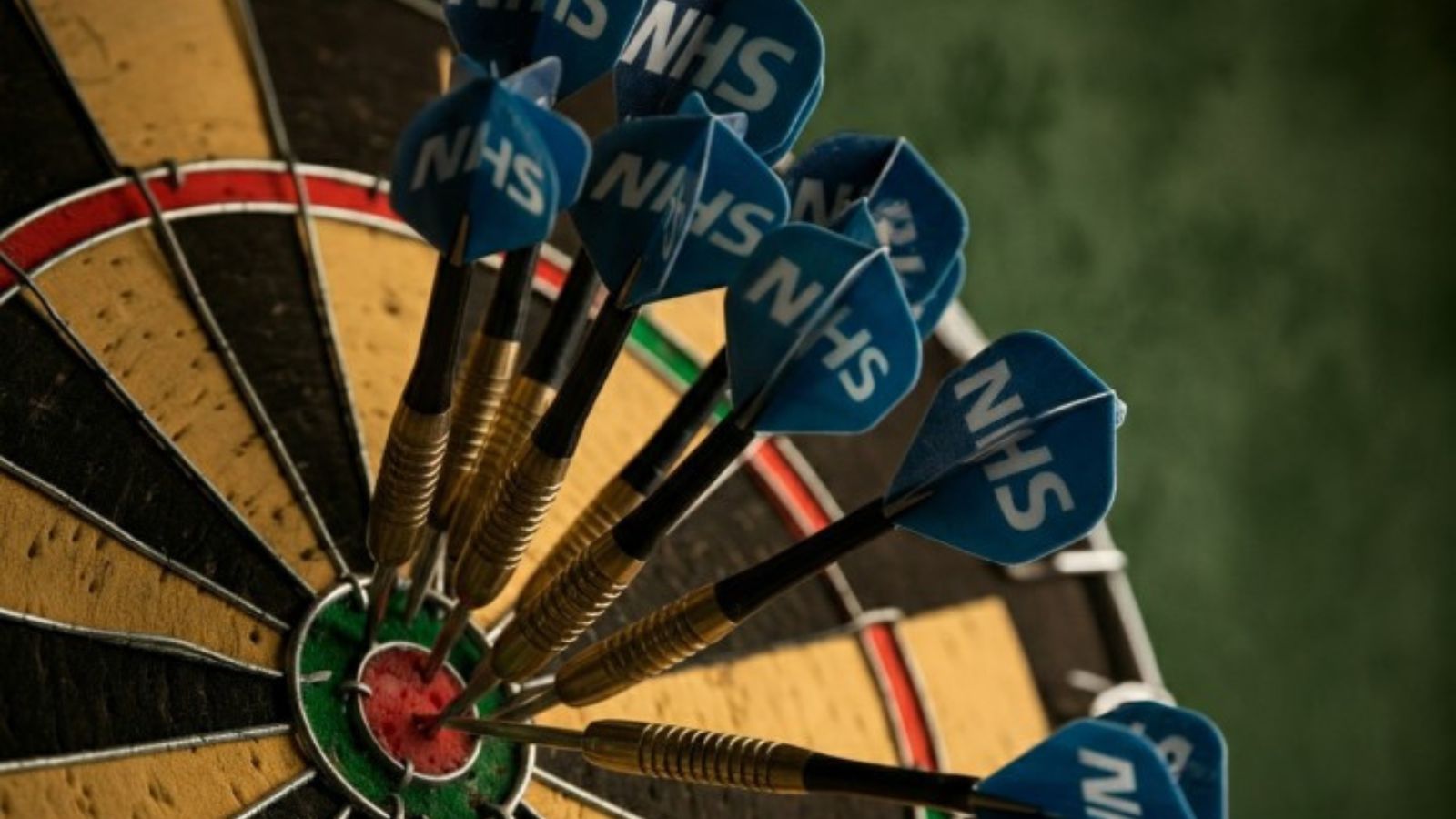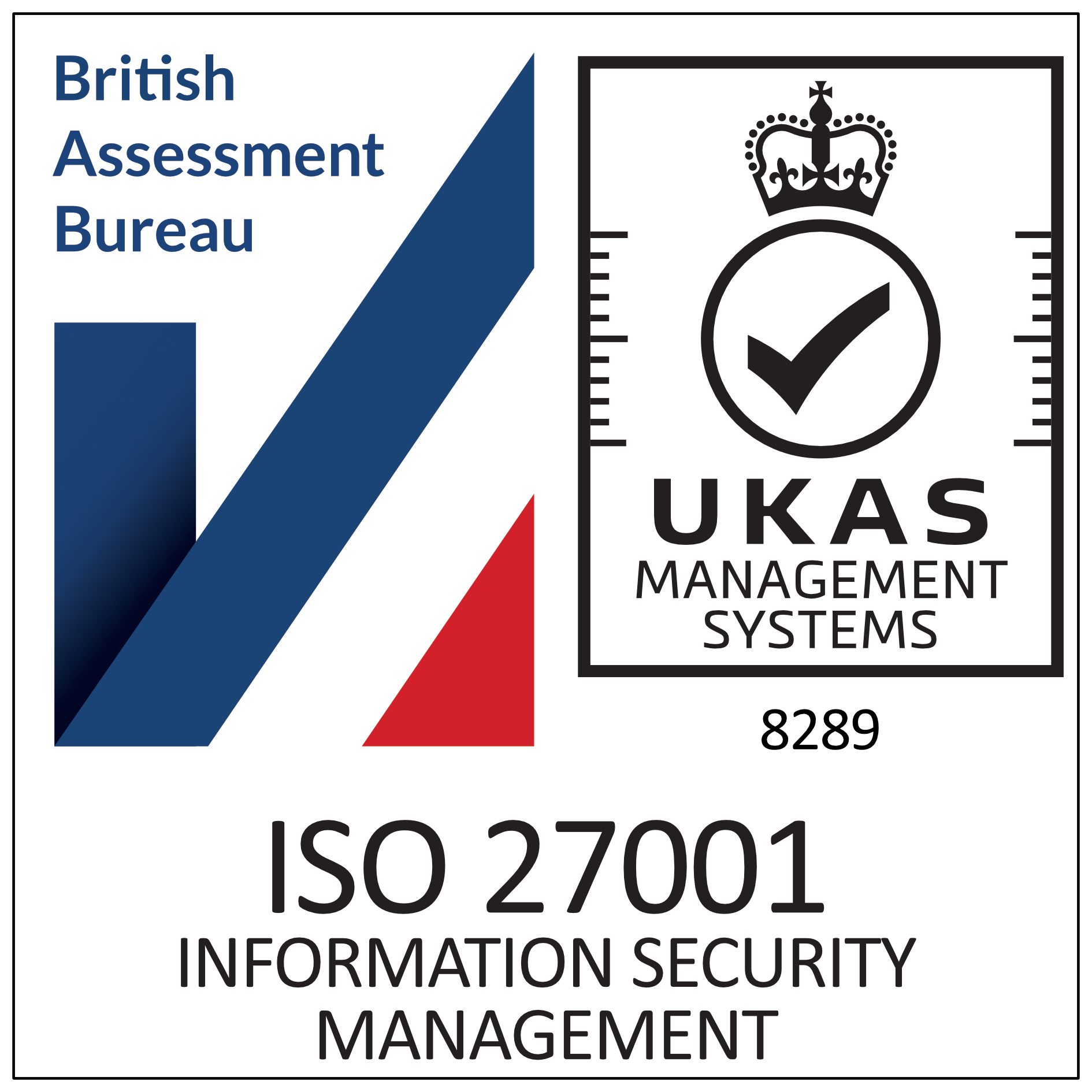The future is modular, just like SARD
The future is modular, just like SARD

Back in 2018, I made a pilgrimage to Norway to meet a lady called Professor Margunn Aanestadt having watched a 15-Minute video over the shoulder of my wife whilst she was studying at the NHS Digital Academy. It blew my mind.
Amazingly, Margunn agreed to meet me in a downtown Oslo Starbucks where she kindly gave me the benefit of her many years of study of health IT systems. Our chat was life changing.
In her study of systems across the world, Margunn noted the difference between success and failure was often one of size. Attempts to architect nationally imposed health software solutions generally failed. Tell me about it, I was national clinical lead for IT (mental health) during the National Programme for IT.
Success was much more likely on a local level. This could then often be replicated by neighbouring organisations once software demonstrably proved itself, relatively quickly, to the end users.
Margunn patiently explained to me that the development of successful national health IT systems was much more like gardening than architecture – success was much more likely to come by working ‘cultivated’ with the ‘installed base’ than by ripping everything out and starting over, something which the NHS could never afford.
I took this message, and her video, back to the Northeast of England where we applied the principles in the establishment of the Great North care record, now used more than 350,000 times a month, making the Northeast one of the most connected health economies in the world. We connected our ‘installed base’ ‘modules’ and everyone loved it. Theory into practice. It is clear to me that previous attempts to architect a massive single solution for the NHS is doomed by its failure to acknowledge that modularity is the way forward.
People regularly ask me “why can’t my NHS IT be more like my iPhone?”. Instead, those working in the NHS often combat software which has poor usability and nothing like the user experience they expect every time they use their own phone.
The answer is that Apple and the other smartphone providers have never attempted to produce every module (app) themselves. Instead, they provide a platform and tools upon which developers can write modules (apps) and a means to allow those developers to get paid, not just for the initial development, but for the ongoing maintenance and improvement of those apps (modules). They have created an ecosystem to continuously evolve and improve their offering. That’s why NHS IT is 25 years behind your iPhone.
No single NHS provider can hope to compete with a massive community of developers who are incentivised to continuously improve functionality and UX.
That’s why I have joined SARD JV as Medical Director. SARD, part-owned by the NHS, have adopted this modular philosophy in order to future-proof their products. It’s also why SARD co-founded the Public Money Public Code movement.
I have no doubt that the production of modular systems for the NHS is the way forward. SARD’s continually improving appraisal, e-leave, job-planning and rostering systems, which can all be purchased as individual modules committed to interoperability with everything else in the NHS are a good place to start.
If you’d like to join this modular revolution, please get in touch joe.mcdonald@sardjv.co.uk. The future is here; the future is modular. Change NHS IT, one module at a time.
Recent Articles

Registered address
SARD JV Limited
Unit 76, Innovation Centre
University Road, Canterbury
CT2 7FG
A joint venture with Oxleas NHS Foundation Trust.
Registered in England and Wales with company number 07916735. VAT No. 131901840
Designed and built By Tweak Marketing
Privacy Policy





